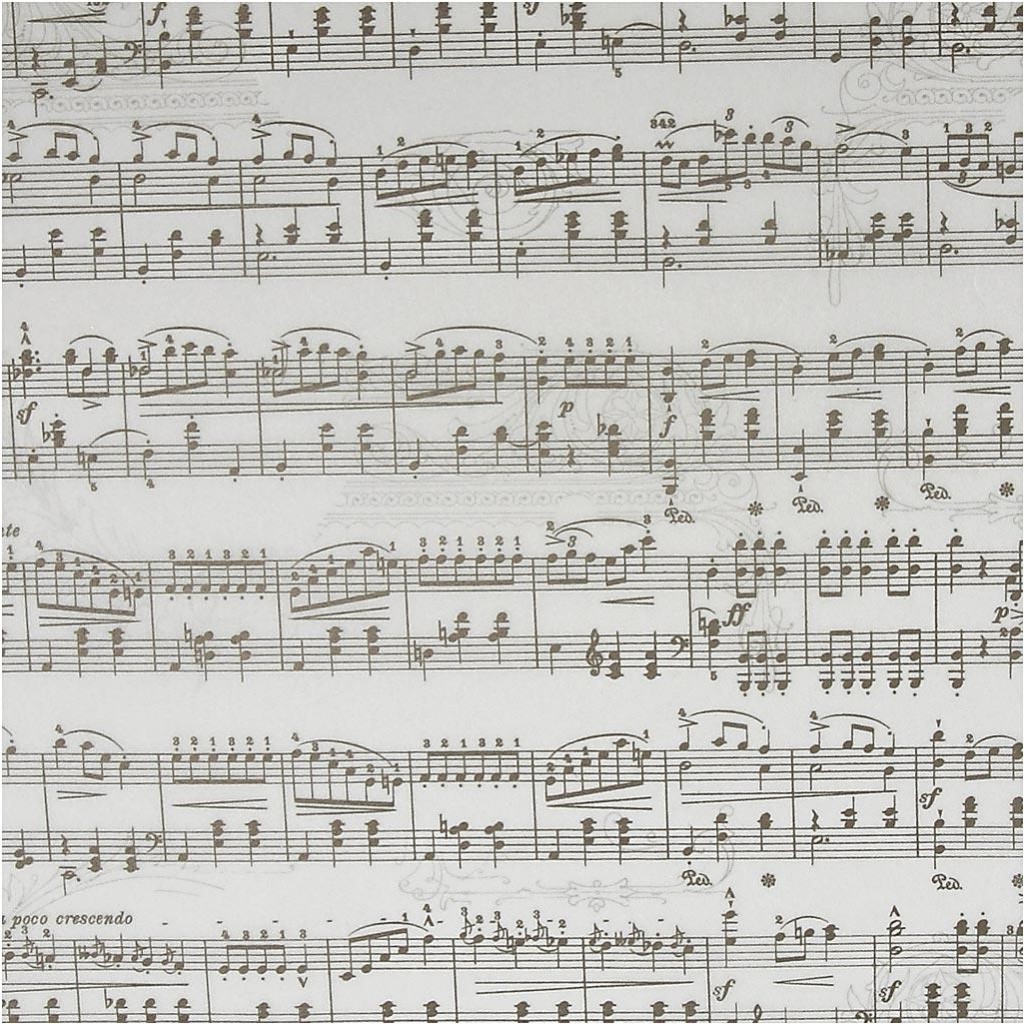It’s time to move into the next DBT module, but first I want to tie a couple of things together.
- Emotions ARE – emotions aren’t good or bad, right
or wrong; they are information about how we feel.
- Some emotions are secondary – anger is always a result of some other primary emotion such as fear, disappointment, hurt, sadness, grief.
- One instructor told us, Anger is like a flashing sign saying, “Someone has crossed my boundary.”
- We are the only ones that can control our thoughts, behaviors, and emotions; no one can control ours and we can’t control others.
- Using the Nonjudgmentally piece of Mindfulness, we can learn more about anger – how we express it, how it affects us, and what we can do to work on it.
At Timberline we worked through some information from a book called Mindfulness for Teen Anger: A Workbook to Overcome Anger and Aggression Using MBSR and DBT Skills by Mark C. Purcell MEd, PsyD and Jason R Murphy MA. (Long name, but I want to give credit!) Basically, we looked at anger patterns and styles of how we express anger. It’s another piece to understanding ourselves, how we function, what we can do to improve life, and learn ways to move on. I’ve posted – under Lists – their Anger Style Assessment and a summary of the styles from the information we were given.
Here’s an excerpt from the introduction:
“People don’t usually have problems with what you feel, they have problems with what you do. So many anger-management strategies fail because all the attention is on making you change what you do: arguing, fighting, out-of-control behaviors. If people knew all the thoughts and feelings you were experiencing underneath your actions, they would probably be more understanding, but no one (including you sometimes) has all that knowledge.”

This couldn’t be more true! I know for myself, I get frustrated by things I do when I’m angry. I have to remind myself that anger is natural and normal in situations of sadness, fear, hurt, etc. AND I need to work on how I act and react. That’s part of the Nonjudgmental mindfulness too – emotion is normal; anyone would feel that way if they were in this situation.

Feel free to look over the anger
styles and take the assessment.
Tomorrow I plan to do the same
exercise about shame.

